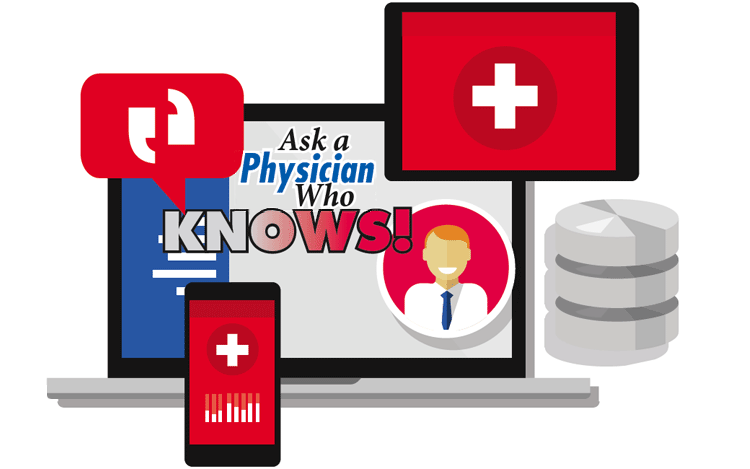1. What is a medical record? Every time you see a medical health provider, a record is kept of what transpired during the visit. These records are kept by physicians, hospitals, nursing homes, and other healthcare providers. The record contains your identifying information, medical history, medication and prescription lists, vitals, and results of testing, as well as your doctor’s diagnosis and recommendations. These records are kept to track your health status, to document the treatments the healthcare provider performed, and to serve for insurance and payment purposes. Medical records also are used to track disease trends in the population and as evidence for medical claims, such as workers’ compensation and disability. It is advised that you keep your own record — a Personal Health Record, or PHR — that you can access at all times.
2. Can I see my medical record? You can request a copy of your medical record for yourself or for other healthcare providers. Unless your provider offers medical records through a digital Patient Portal, you will generally be required to request your records in person. Additionally, parents usually can access the medical records of their underage children, and those with power of attorney or other legal guardianship can access the records of those under their care. Keep in mind that medical records concerning mental health or substance abuse are governed by different rules. In all instances, healthcare providers are legally required by the Health Insurance Portability and Accountability Act (HIPAA) Privacy Rule to verify your identity through valid identification like a driver’s license or state-issued ID to protect your identity. Remember that each provider will have a different medical record on file for you.
3. What is a Patient Portal? Your healthcare provider may offer a Patient Portal, a secure online site that allows you to schedule appointments, pay medical bills, and more. Some Patient Portals include access to Electronic Health Records (EHR).
4. Can I make changes to my medical records? While you generally don’t have a legal right to alter or remove something from your records, you can request changes or clarifications that will complete or improve the accuracy of your medical records. If you find that something about your record needs to be clarified, ask your healthcare provider what process is required to amend your record. It may require a written request or supporting information. If your request is denied, you must be notified in writing with an explanation.
5. Where can I learn more? First, review the provider’s Notice of Privacy Practices, which should list the name and number of a contact person who can assist you. Furthermore, the HIPAA website, www.hhs.gov/ocr/privacy/hipaa/understanding/consumers/index.html, also offers information concerning your rights when it comes to medical records.
CREDIT
article by SERGIO B. SEOANE, MD
